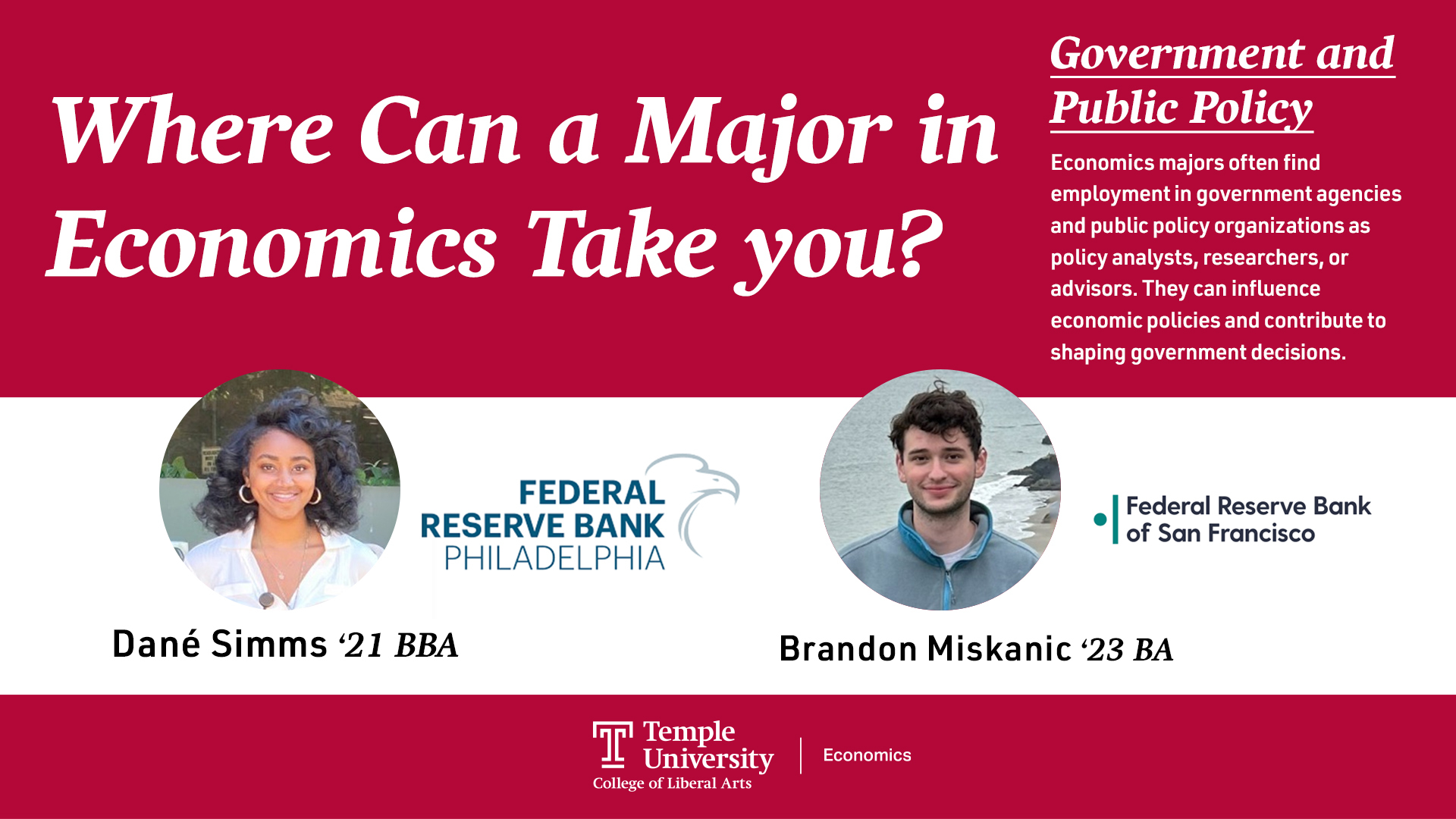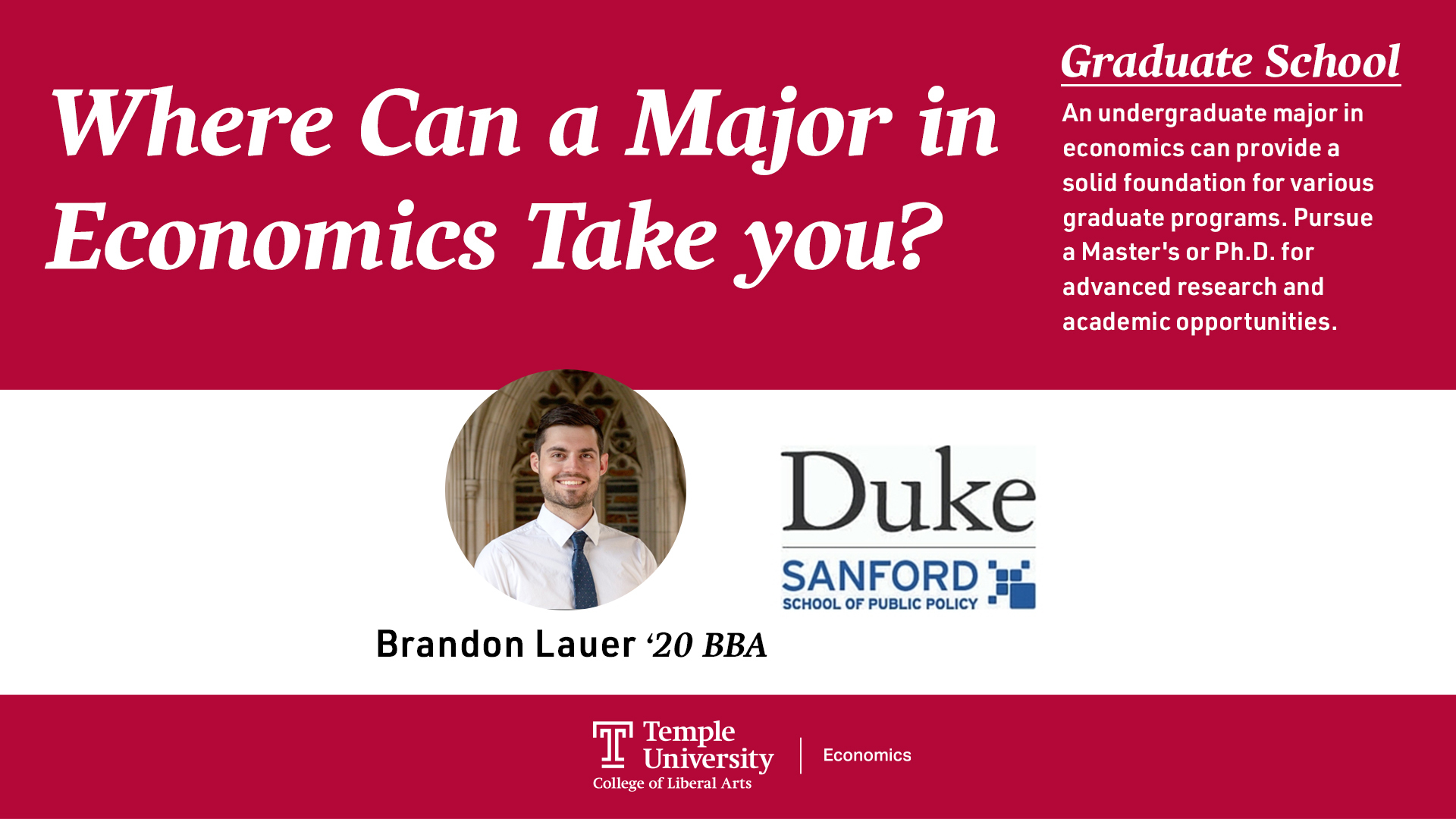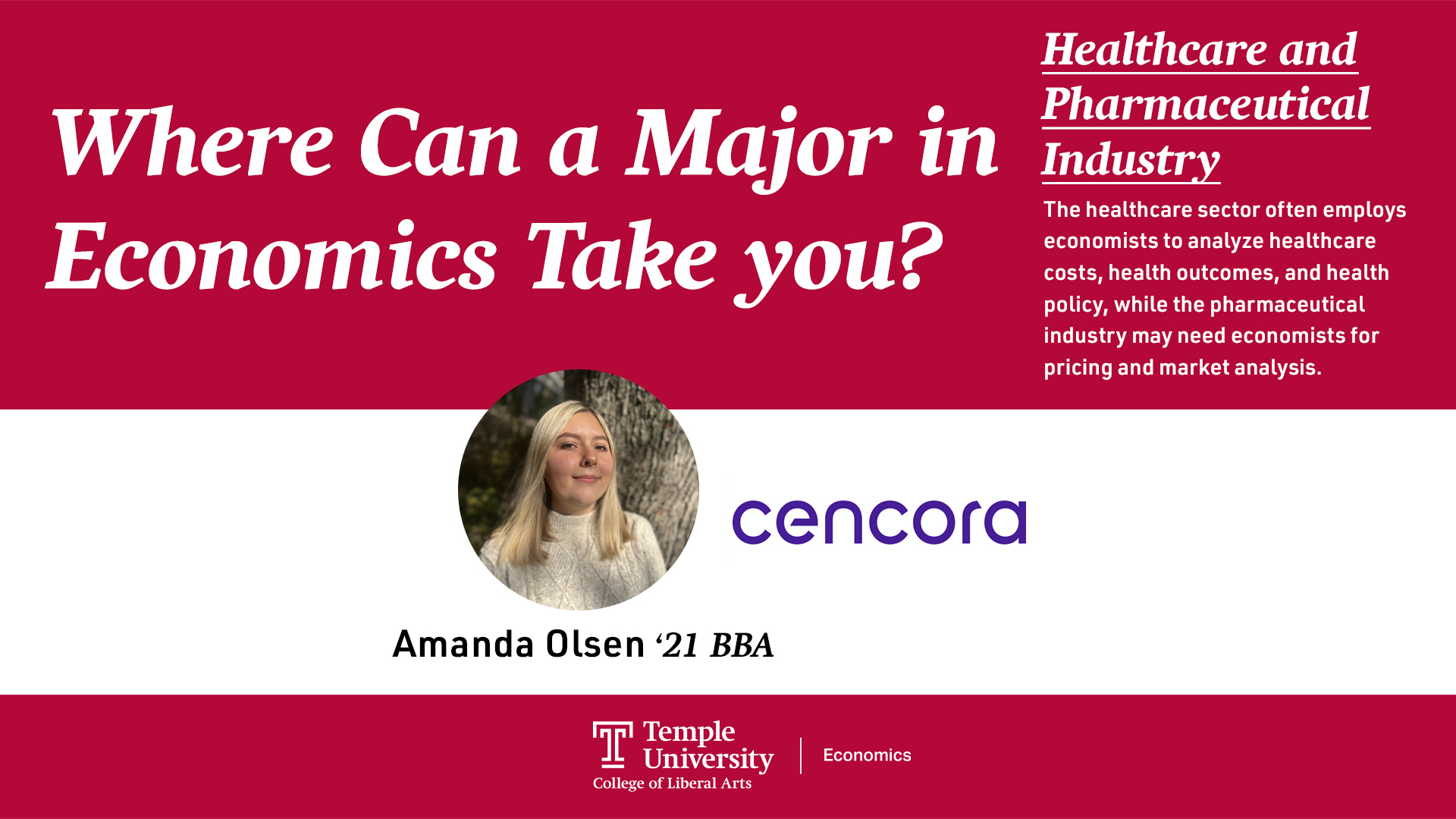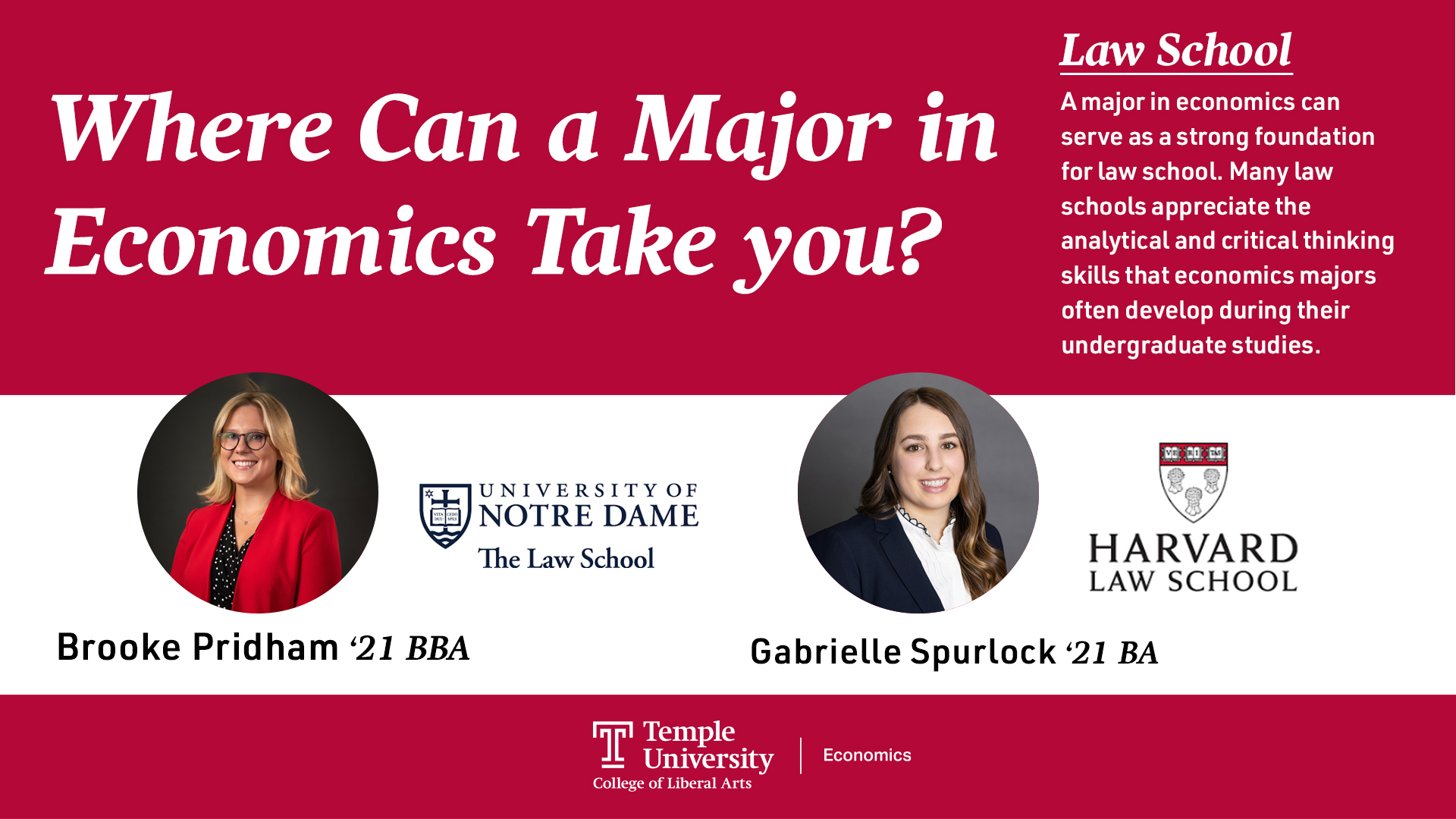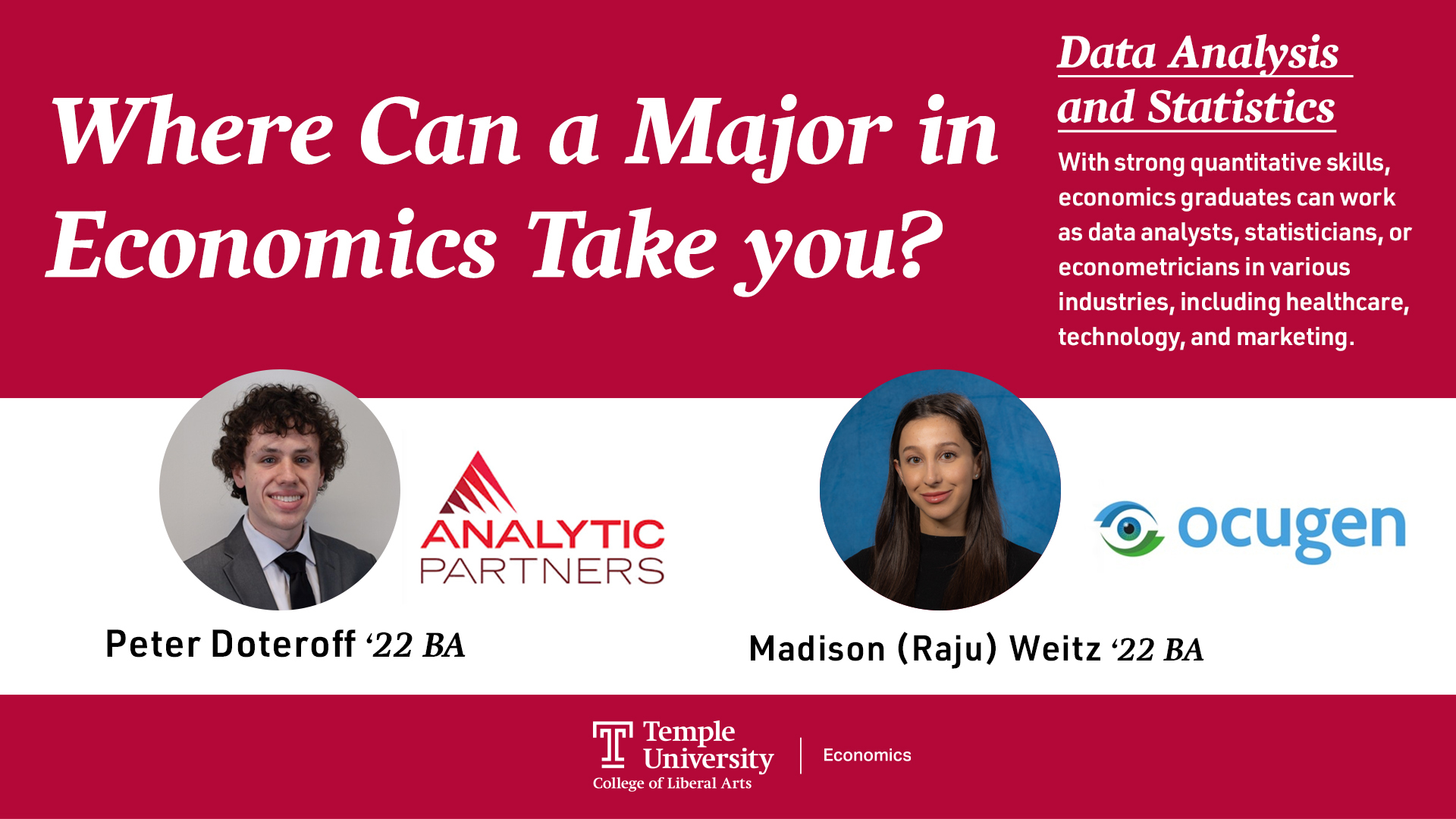Dr. Lacy Hunt is Executive Vice President and Chief Economist at Hoisington Investment Management Company. Dr. Hunt holds a BA from Sewanee: The University of the South, an MBA from Wharton, and is the first person to receive a Ph.D. in Economics from Temple University. Prior to his work at Hoisington, Dr. Hunt was Senior Economist at the Federal Reserve Bank of Dallas, Vice President for Monetary Economics at Chase Econometrics Associates, Executive Vice President and Chief Economist at Fidelity Bank, and Chief U.S. Economist for the HSBC Group. His research has appeared in such publications as The Journal of Finance, he is the author of numerous books, and he is frequently quoted in leading business publications.
Three Questions for Lacy Hunt
What first attracted you to Economics?
Bob Lyons’ Consumer Psychology course was very enlightening since Bob was a behavioral economist long before the term arose. I had a great relationship with Bob and Oscar Dooley, who was in charge of Ph.D. Admissions. Oscar and Bob attended the oral part of my Spanish fluency exam to provide moral support. After the exam, I was asked to wait in the hall while I was graded. When Bob and Oscar came bounding out of the room and I saw the expressions on their faces, I knew the result.
What Economics courses or instructors at Temple made a particular impression on you?
I learned so much from Ingrid Rima, Nat Jackendoff, and Norman Sun and was incredibly close to all three. My career in macroeconomics, international economics, and finance would not have been possible without what they taught me, even though my own views eventually diverged sharply from what they had taught. They might not be surprised that this happened due to their outstanding advice to me as I was leaving Temple. They said that my knowledge in economics was up to date but reminded me that economics is a science, that the profession’s understanding would advance, and that it was my duty to keep abreast of the scientific discovery.
I also had a great relationship with our Dean, Seymour Wolfbien. He once told me to report to his office, which frightened me because he had a very commanding presence by which most doctoral students were intimidated. He directed me to tutor athletes, for which I would earn an additional $500 a semester, a princely sum in those days. This proved to be an incredible experience that introduced me to an entirely different aspect of Temple. Between my $300 a month fellowship and the tutoring funds, I was flush. When I announced my departure for Dallas, the athletes went to Seymour and asked him to keep me at Temple. He told them that both Lacy and Temple needed me to start a professional career outside Temple.
How has your background in Economics affected your career?
My career in macroeconomics and international economics and finance would not have been possible without what Ingrid, Nat and Norman taught me. We remained friends until their deaths. Lynn Holmes' course in mathematical economics gave me the skills for testing hypotheses. Charlotte Phelps helped me to select parts of my dissertation for publication. With the jump start that she gave me, several components of my thesis were eventually published in various scholarly journals, including the Journal of Finance. Those publications gave me professional visibility critical to my career development.

